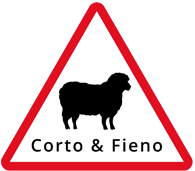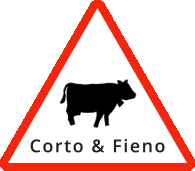Utama

Time seems to pass slowly in the distant cracked and arid land of the Bolivian Altiplano, where an elderly Quechua couple, Virginio and Sisa, carry on a humble routine. When their grandson Clever shows up at their door, Virginio quickly realizes that he is only there to convince them to move to the city. The fact that the drought has left them without water does not help their cause to stay. Virginio’s heavy breathing betrays his ability to hide what ails him, and the appearance of a condor begins to awaken in him a strange foreboding.
The director: “Silence can say much more than words, and looks certainly say much more, because they cannot hide what they feel. I wanted to use both looks and silences, and I wanted the remote landscape to speak as well. Also, I thought that in a couple that has been living together for so many years, as in the case of the protagonists, it is not necessary to talk much, because everything is said with small gestures or actions. We shot in the only possible season, spring, because in winter, as soon as the sun goes down, the temperature can quickly drop to minus ten degrees, there are sandstorms and a lot of wind. That’s why we were dressed like desert people, even though llamas are very intelligent animals-we used three groups of llamas, and they are so intelligent that by the fifth or sixth take they knew what they had to do. Of course it’s always difficult to shoot with animals, but llamas are so photogenic…”
The film represented Bolivia at the Oscars 2023. Grand Jury Prize at the Sundance Film Festival, Audience Award and Grand Jury Prize at the Amsterdam Film Festival, Best Film Award and Best Supporting Actor Award at the Beijing International Film Festival.
Utama
Alejandro Loayza-Grisi
Bolivia, Uruguay, France 2022
87’
Director
“I was born and raised in La Paz, a city that historically welcomed migrants from the Aymara population of the nearby Altiplano countryside. Our city, our beliefs and our ways of being have been strongly marked by the coexistence of Spanish and Aymara cultures. But despite this history, very few of our residents are aware that some of the first major victims of climate change are only a few miles away.
I believe that telling a story from the point of view of those people very close to us, who still live in the countryside and face the agony of seeing their way of life disappear, is critical to understanding the human cost of climate change. It allows us to consider the collateral damage of our current way of life and to rethink our role as residents of La Paz (and other cities with similar conditions).”



